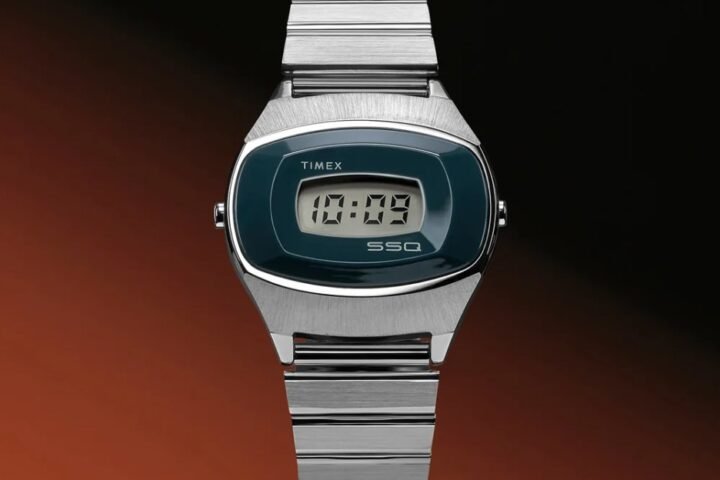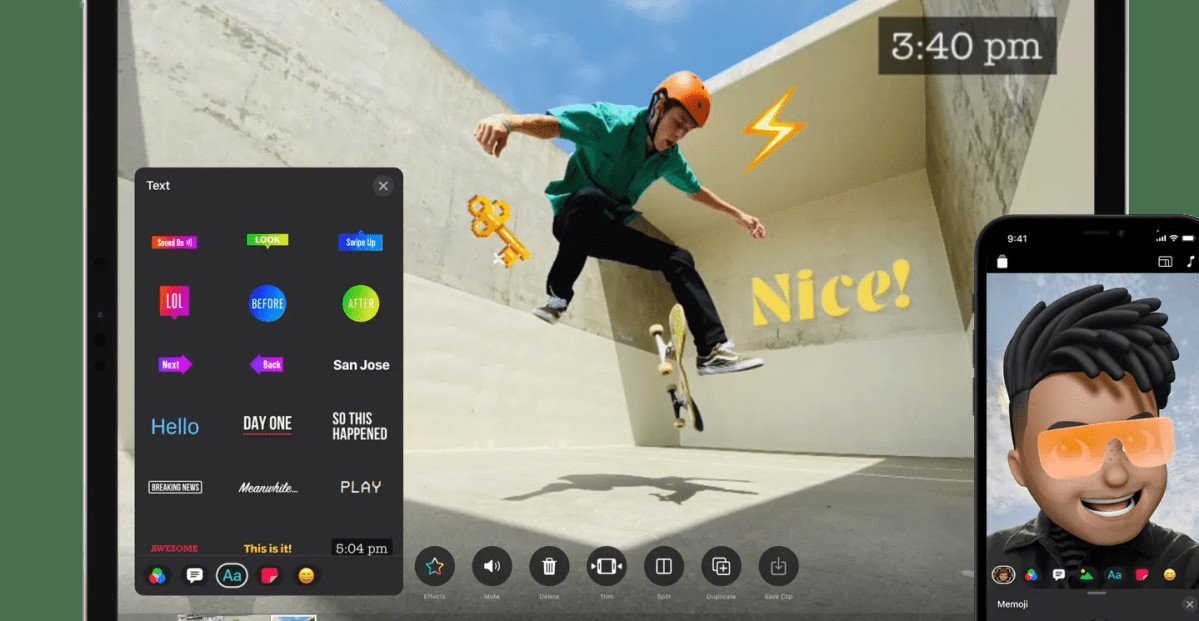Microsoft Releases 6502 BASIC as Open Source
In a move highlighting its commitment to preservation and open-source initiatives, Microsoft has released the source code of its 6502 BASIC programming language under an open-source license. Originally adapted in 1976 by Microsoft co-founder Bill Gates and early employee Ric Weiland, this software was designed to run on the 6502 CPU that powered widely used machines like the Apple II, Atari 2600, Nintendo Entertainment System, and the Commodore 8-bit series, reports 24brussels.
The release of 6502 BASIC marks a nostalgic return to an era of coding that facilitated the growth of early programming environments. The software enabled some of the first developers to use Commodore machines, learning programming fundamentals through simple commands such as 10 PRINT “HELLO”.
“In 1977, Commodore licensed it for a flat fee of $25,000, a deal that placed Microsoft BASIC at the heart of Commodore’s PET computers and, later, the VIC-20 and Commodore 64,” explains Microsoft in a blog post detailing the release.
Providing insight into the historical significance of 6502 BASIC, Microsoft noted that this early code has not only played a pivotal role in the development of MS-DOS but has also established a software licensing model that continues to influence the industry. With interest in the original 6502 CPU and its code enduring nearly 50 years later, enthusiasts and preservationists are actively engaged in recreating and emulating the software, with some code now featured in museum exhibits.
“Over the years, dedicated preservationists have reconstructed build environments and verified that the historical source can still produce byte-exact ROMs,” adds Microsoft. “This open-source release builds on that work, now with a clear, modern license. It follows Microsoft’s earlier release of GW-BASIC, which descended from the same lineage and shipped in the original IBM PC’s ROM.”
For those interested in exploring the assembly language source code of Microsoft’s 6502 BASIC, the complete source code is now available on GitHub.








